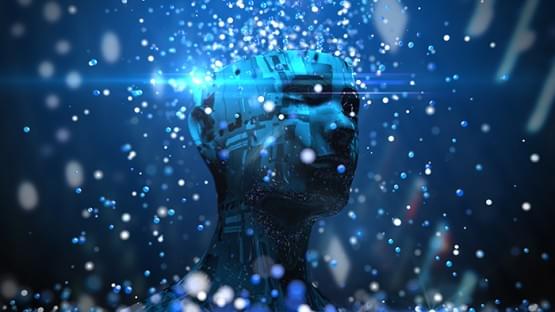In today’s column, I am going to identify and explain the momentous pairing of both generative AI and data science. These two realms are each monumental in their own respective ways, thus they are worthy of rapt attention on a standalone basis individually. On top of that, when you connect the dots and bring them together as a working partnership, you have to admire and anticipate big changes that will arise, especially as the two fields collaboratively reinvent data strategies all told.
This is entirely tangible and real-world, not merely something abstract or obtuse.
I will first do a quick overview of generative AI. If you are already versed in generative AI, perhaps do a fast skim on this portion.
Foundations Of Generative AI
Generative AI is the latest and hottest form of AI and has caught our collective devout attention for being seemingly fluent in undertaking online interactive dialoguing and producing essays that appear to be composed by the human hand. In brief, generative AI makes use of complex mathematical and computational pattern-matching that can mimic human compositions by having been data-trained on the text and other content found on the Internet. For my detailed elaboration on how this works see the link here.






